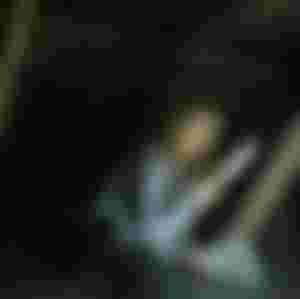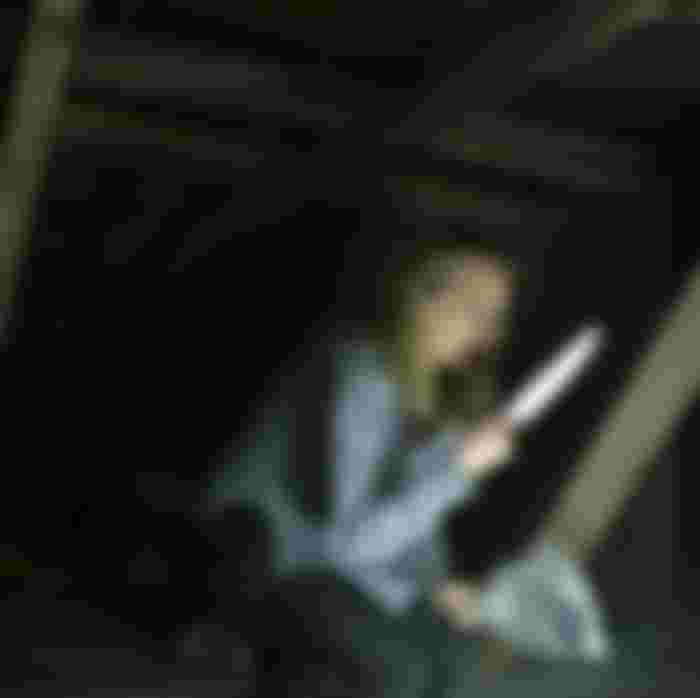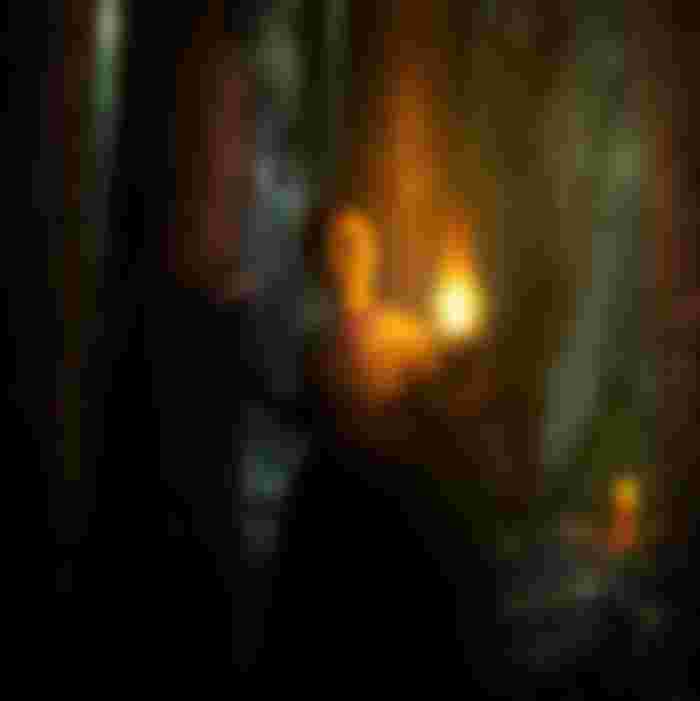
Gaslighting gets downright monstrous in The Invisible Man, a 21st-century take on Universal’s classic unseen specter. Helmed with playful menace by Leigh Whannell, whose camerawork and compositions constantly tease subtle action in the corners of the frame, this slick genre effort finds Elisabeth Moss trying to convince anyone who’ll listen that she’s not crazy, and really is being hunted by her supposedly dead abusive boyfriend. Since said predator isn’t visible to the human eye, however, that’s not an easy task. Hot-button issues emerge naturally out of this basic premise, thereby letting Whannell sidestep overt preaching in favor of orchestrating a series of finely tuned set pieces in which lethal danger might materialize at any moment, from any direction. Avoiding unnecessary diversions or italicized politics, the filmmaker streamlines his tale into a ferocious game of cat-and-mouse, with Moss commanding the spotlight as a woman tormented both physically and psychologically, and determined to fight back against her misogynistic victimization.

Oz Perkins is a horror lyricist fixated on grief and female agency, and both factor heavily into his atmospheric reimagining of the classic fairy tale. In a countryside beset by an unknown plague, teenage Gretel (It’s Sophia Lillis) refuses to work as an old creepy man’s housekeeper, and is thus thrown out by her mother, forced to take her young brother Hansel (Sam Leakey) on a journey through the dark woods to a convent she has no interest in joining. Beset by hunger, the two come upon the home of a witch (Alice Krige), whose feasts are as mouth-watering as her magic lessons for Gretel are simultaneously empowering and unnerving. Perkins sticks relatively closely to his source material’s narrative while nonetheless reshaping it into a story about feminine might and autonomy, and the potential cost of acquiring both. Drenched in ageless, evil imagery (full of triangular pagan symbols, pointy-hatted silhouettes, and nocturnal mist), and boasting a trippiness that becomes hilariously literal at one point, Gretel & Hansel casts a spell that feels at once ancient and new.

As with his prior Black Coal, Thin Ice, Chinese director Diao Yinan’s The Wild Goose Lake has a coiled intensity that amplifies its romantic fatalism. Diao’s neo-noir follows a gangster named Zhou Zenong (Hu Ge) who, after killing a cop in a criminal enterprise gone awry, partners with a “bathing beauty” prostitute named Lu Aiai (Gwei Lun Mei) in order to reunite with his estranged wife Yang Shujun (Wan Qian), all so she might collect the reward on his head. Rife with betrayals, manhunts and shootouts, the auteur’s narrative is constantly taking sharp, unexpected turns, and the same is true of his breathtaking direction, which reveals unseen figures, and twists, via elegant camerawork and expressionistic flourishes that are married to a realistic depiction of rain-soaked Wuhan and its lawless lakeside communities. Hunted by police captain Liu (Liao Fan), Diao’s protagonists are engaged in a deadly game that’s played in silence because they all inherently know the rules, and their sense of purpose is echoed by the film itself, which orchestrates its underworld conflicts with bracing precision. Plus, it boasts 2020’s most gruesomely inventive use of an umbrella.

Emma
“Handsome, clever and rich” is how Emma’s tagline describes its matchmaking heroine (Anya Taylor-Joy), but it’s also an apt summation of director Autumn de Wilde’s Jane Austen adaptation, which is energized by meticulous style, spirited wit and passionate emotions. Hewing closely to its source material, the film charts Emma Woodhouse’s efforts to find a suitor for her doting companion Harriet Smith (Mia Goth) while struggling with her own blossoming feelings for her sister’s brother-in-law, George Knightley (Johnny Flynn). Round and round the romantic entanglements go, not only for these three characters but a host of others that de Wilde and screenwriter Eleanor Catton faithfully delineate in clean, bright brushstrokes. Its studied imagery suggesting a daintier variation on Wes Anderson’s trademark visuals, Emma boasts an aesthetic confidence that’s matched by its performers. At the head of that impressive pack (which also includes Bill Nighy) is Taylor-Joy, whose Emma exudes just the right amount of playful cockiness and ambition – qualities ultimately undercut by her realization that no amount of manipulations can change what the heart wants.

Gavin O’Conner (Miracle, Warrior) is modern cinema’s preeminent sports-drama director, a status he maintains with The Way Back, a conventional but deeply felt story about addiction, anger and the rough road of rehabilitation. Reuniting O’Conner with his The Accountant star, the film concerns Jack Cunningham (Ben Affleck), a former high-school basketball phenom who, in the wake of multiple familial losses, gets through his construction-work days and wayward nights with a perpetual drink in hand. By means of a job coaching his Catholic alma matter’s struggling team, Jack is blessed with a shot at salvation, turning around the fortunes of his players and, by extension, his own life. Subdued and melancholy, Jack’s journey is a familiar one, and yet O’Conner and Affleck – the latter turning in an expertly modulated, interior turn – shrewdly locate their protagonist’s alcoholism as the self-destructive byproduct of regret, resentment, fury and hopelessness. Also generating pathos from agonized father-son traumas, it’s a male weepy that, courtesy of its well-calibrated empathy, earns its melodramatic tears.




